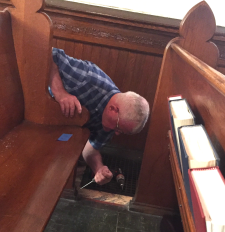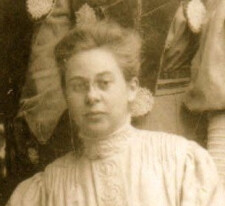History
St. andrew's: A brief history
St. Andrew’s Church dates back almost as far as the Oregon Hill neighborhood itself. It began when St. Paul’s Episcopal Church started a Sunday school in 1873 for the hard working laborers of Oregon Hill. Within two years, a core group of worshipers formed a congregation and made plans to build a mission church to serve the neighborhood. As 1877 drew to a close, the first St. Andrew’s  Church, a Gothic, wood-frame structure, was built and consecrated. The congregation continued to grow. By 1899, the Vestry envisioned a larger sanctuary that could accommodate 500 or more people. The cost, however, was beyond the means of such a young church.
Church, a Gothic, wood-frame structure, was built and consecrated. The congregation continued to grow. By 1899, the Vestry envisioned a larger sanctuary that could accommodate 500 or more people. The cost, however, was beyond the means of such a young church.
A progressive philanthropist named Grace Arents (see below for more information) had taken an interest in the Oregon Hill community. In 1894, she founded St. Andrew’s School and the city’s first free kindergarten to serve the working class neighborhood. A series of other community “firsts” resulted from her generosity: the first night school for working boys and girls; Richmond’s first free library; the first school for the deaf; a sewing school; and the first home of the Visiting Nurses Association.
 In addition to her dedicated support of education, Grace Arents took St. Andrew’s Church under her wing. She donated a large sum of money for construction of the new church and also assumed oversight of its financial administration and construction. Work on the new church began in January 1901 and was completed two years later. Grace Arents also constructed a new school building next to the new church. The turn-of-the-century Gothic Revival structures are listed in the National Register of Historic Places.
In addition to her dedicated support of education, Grace Arents took St. Andrew’s Church under her wing. She donated a large sum of money for construction of the new church and also assumed oversight of its financial administration and construction. Work on the new church began in January 1901 and was completed two years later. Grace Arents also constructed a new school building next to the new church. The turn-of-the-century Gothic Revival structures are listed in the National Register of Historic Places.
Though the school is independently governed, the rector of St. Andrew’s Church serves as the chaplain of St. Andrew’s School and the congregation has two seats on the school’s Board of Directors. The Church continues to support the school financially.

Grace Arents
Even during her lifetime, Grace Evelyn Arents (the niece of Lewis Ginter) was known as “the Angel of Oregon Hill,” in the Richmond, Virginia neighborhood that was most blessed by her philanthropic work. Although she never married or bore children of her own, Miss Grace’s care for hundreds of other people’s children was a Christian duty she joyfully embraced. Her forward-thinking influence on the city remains profound, as is the gratitude of those who benefit from her generosity and prophetic vision nearly 90 years after her death.
